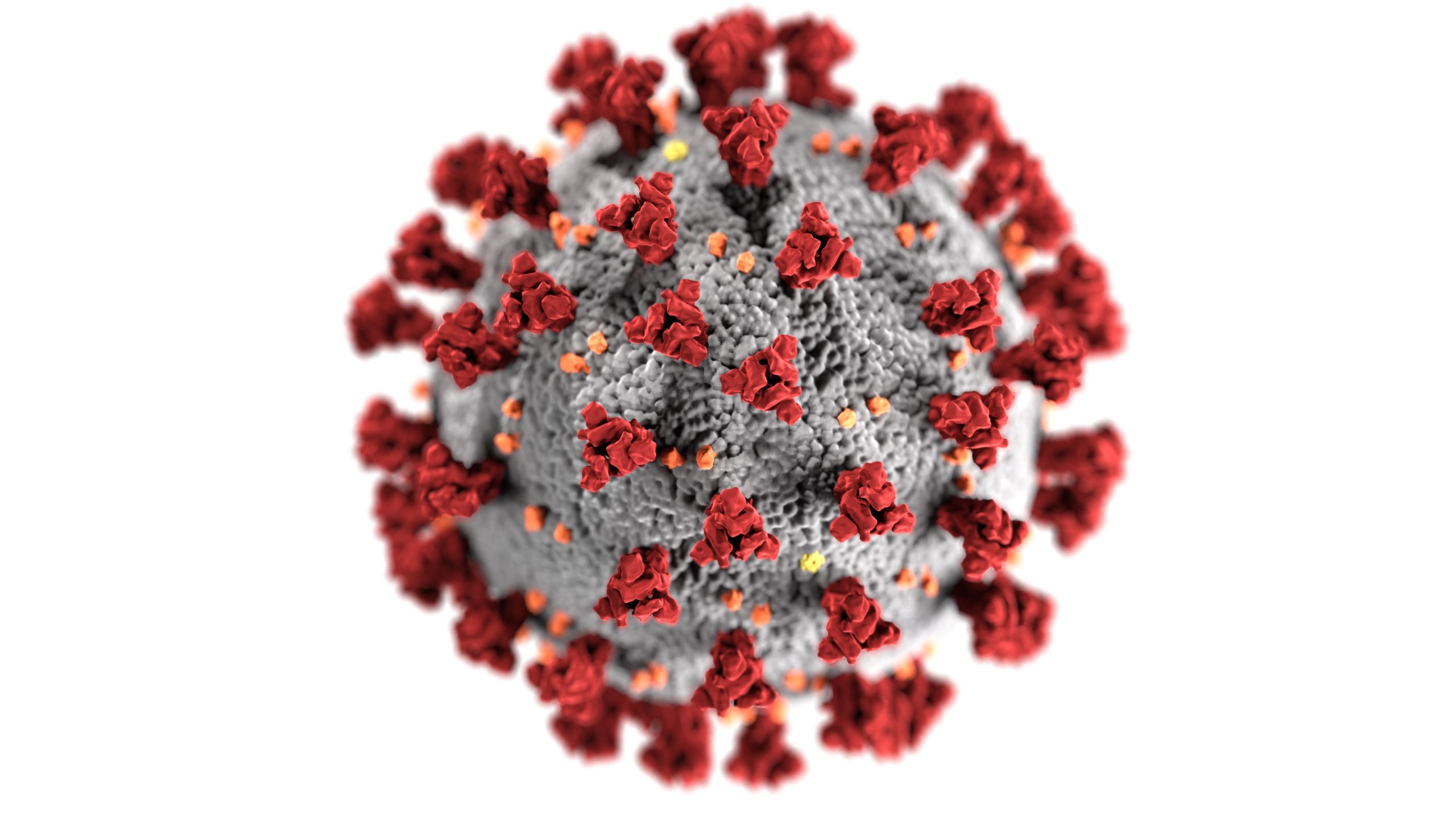Reverse Overdose Oregon’s website provides information for patients, caregivers and citizens on obtaining and learning how to use naloxone to reverse opioid overdose. It also includes employee training materials, a media guide and includes Spanish language resources. Continue reading
Resource Tag: Overdose Prevention
Naloxone distribution
Rapid response teams
Stop Overdose
This website from the University of Washington Alcohol & Drug Abuse Institute is devoted to helping individuals and communities prevent and respond to opioid overdose in the state. Continue reading

COVID-19
The COVID-19 public health emergency is particularly challenging for people in treatment for substance use disorder, people in recovery, and people who use drugs. This collection features educational resources that can be adapted for local settings, specific guidance on harm reduction, recovery housing and providing peer support services during the pandemic, and links to websites that provide high-quality information, data, and/or examples for local communities to adopt. Continue reading
Be Prepared: Develop an Overdose Response Plan
This 5 minute video titled “Be Prepared: Develop an Overdose Response Plan” from a team of clinicians at Boston Medical Center’s Grayken Center for Addiction describes the need for health care facilities to develop an overdose response plan to address overdoses that might occur in the facility. Continue reading

Public Libraries and the Opioid Crisis
The Public Library Association and OCLC, a global library cooperative, produced these resources to help libraries develop polices and programs to address the opioid crisis in their communities. This collection consists of 3 reports: Continue reading
Ohio Addiction Policy Inventory and Scorecard: Overdose Reversal and Other Forms of Harm Reduction
This 2018 report from the Ohio Health Policy Institute describes policy changes implemented between 2013 and 2018 to address overdose reversal and other harm reduction efforts. The report includes a scorecard indicating the extent Ohio is implementing evidence-based harm reduction strategies and offers suggestions for policy improvements. Continue reading
Evidence-Based Strategies for Preventing Opioid Overdose: What’s Working in the United States
This 2018 report from the Centers for Disease Control describes evidence-based strategies to prevent opioid overdose based on a review of the published evidence and consultation with subject matter experts. The report describes 10 strategies that could be implemented by public health officials, law enforcement, local organizations or other community leaders. Continue reading
Public Health Excellence in Law Enforcement
This is the website for Arizona’s public health excellence in law enforcement award. The website includes criteria for the award, instructions on how to apply, a list of law enforcement agencies who have been recognized through the program, and links to naloxone policies and procedures from recognized law enforcement agencies. Continue reading
Public Health Excellence in Law Enforcement
As part of Arizona’s enhanced opioid data surveillance program, Arizona’s Department of Health Services operates an excellence in law enforcement recognition program. The program recognizes law enforcement agencies that establish naloxone administrative programs and submit their opioid incident data to the on-line reporting portal. Continue reading
Model Universal Access to Naloxone Act (3rd edition)
This 2019 model universal access to naloxone act is designed to help state legislatures craft legislation to increase prescribing, dispensing, and use of naloxone to reduce opioid overdose deaths. Created by the National Alliance for Model State Drug Laws, it addresses multiple subjects including statewide standing orders, co-prescribing of naloxone with prescription opioids, distribution of naloxone by first responders, correctional facilities, and community organizations, and other essential legislative clauses. Continue reading